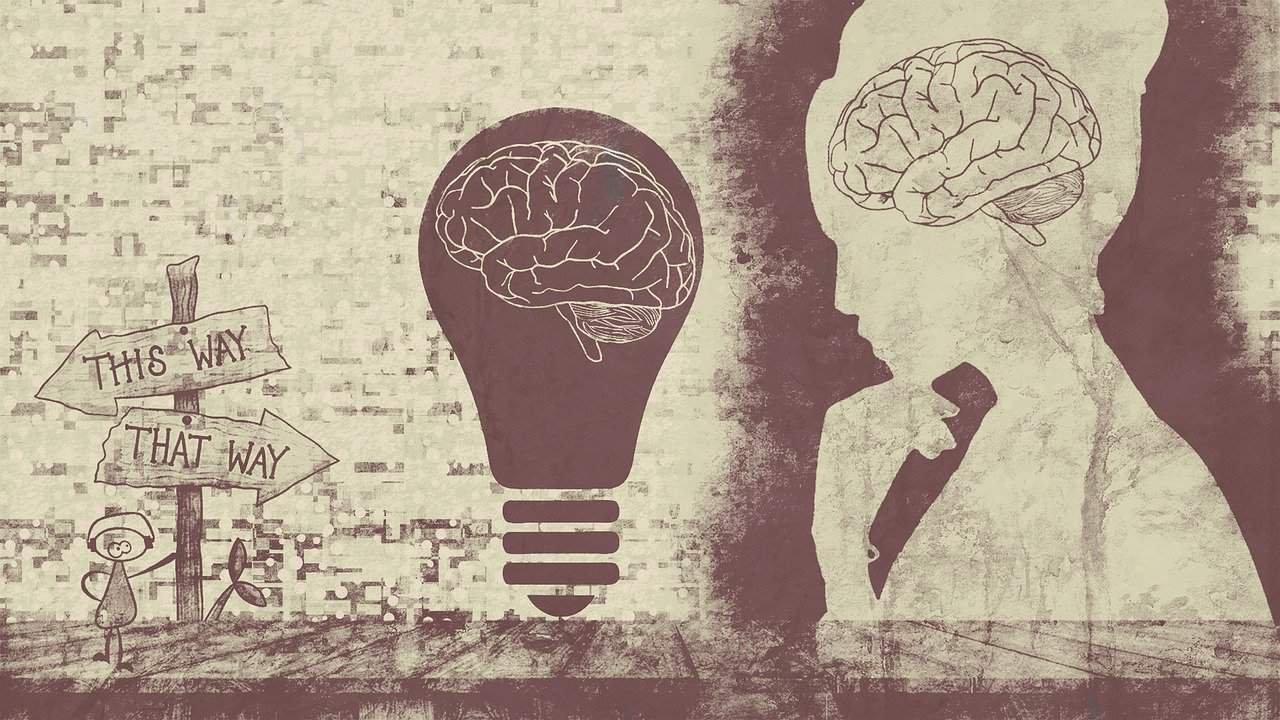Pain Management (Health Psychology)
Feeling like you’re trapped in a cycle of discomfort?
Pain management, a crucial aspect of health psychology, offers insight into understanding and addressing the complex relationship between the mind and body.
By exploring the psychological aspects of pain perception and utilizing effective coping strategies, individuals can find relief from chronic discomfort.
From mindfulness practices to integrative approaches, health psychology empowers you to take an active role in managing and alleviating your pain.
Key Takeaways
- Psychological support is crucial in helping individuals cope with and manage their pain.
- Techniques such as cognitive-behavioral therapy, mindfulness, and relaxation training can modulate pain experience.
- Understanding the interplay between psychology and pain is essential for healthcare professionals and individuals.
- Integrative approaches consider physical, emotional, and psychological factors in pain relief.
The Role of Psychology in Pain Management
In the field of health psychology, understanding the role of psychology in pain management is crucial. Psychological support plays a pivotal role in helping individuals cope with and manage their pain. By incorporating techniques such as cognitive-behavioral therapy, mindfulness, and relaxation training, individuals can learn to modulate their pain experience. These interventions provide immediate relief and equip individuals with long-term strategies to manage their pain.
The mind-body connection is a powerful tool in pain modulation, and psychology plays a significant role in harnessing this connection.
Additionally, psychological support helps individuals address the emotional and psychological aspects of their pain. It aids in identifying and addressing underlying stress, anxiety, or depression that may exacerbate the experience of pain. By providing coping skills and support, psychology contributes to a holistic approach to pain management.
Understanding the interplay between psychology and pain is essential for healthcare professionals and individuals alike in effectively managing and alleviating pain.
Understanding Pain Perception
Understanding the complex nature of pain perception is crucial for effectively managing and alleviating your pain. Pain perception is influenced by various factors such as your pain threshold and emotional responses. Your pain threshold is the point at which you perceive a sensation as painful, and it can vary among individuals. Meanwhile, emotional responses can significantly impact your experience of pain. For example, anxiety and stress can amplify the perception of pain, while positive emotions may help alleviate it.
To further understand the concept of pain perception, consider the following table:
| Factors Affecting Pain Perception | Description | Examples |
|---|---|---|
| Pain Threshold | The level of intensity at which a sensation is perceived as painful | People with a high pain threshold may tolerate more pain before seeking relief |
| Emotional Responses | Psychological and emotional factors that influence how pain is experienced | Anxiety and fear can amplify pain perception, while relaxation and positive emotions can reduce it |
Psychological Interventions for Pain Relief
You can explore the effectiveness of cognitive behavioral therapy and mindfulness as psychological interventions for pain relief.
These interventions aim to help you manage your pain by changing the way you think and react to it.
They provide practical tools and strategies to help you cope with and reduce the impact of pain on your daily life.
Cognitive Behavioral Therapy
Regularly practicing cognitive behavioral therapy can help you effectively manage and reduce your pain. By focusing on stress reduction, cognitive behavioral therapy teaches you to identify and change negative thought patterns that contribute to your pain. This approach helps you develop healthier coping strategies and reduces the impact of stress on your body.
Through behavior modification, you can learn to replace maladaptive behaviors with positive ones, leading to a decrease in pain symptoms. Cognitive behavioral therapy empowers you to take an active role in your pain management, providing you with practical skills to address the physical and emotional aspects of pain.
Mindfulness for Pain
Practicing mindfulness can help you alleviate pain and improve your overall well-being. By incorporating meditation techniques and breathing exercises into your daily routine, you can effectively manage and reduce your experience of pain. Here are a few ways in which mindfulness can help you cope with pain:
-
Body Scan Meditation: This technique involves focusing your attention on different parts of your body, helping you become more aware of physical sensations and reducing pain perception.
-
Deep Breathing: Engaging in deep, rhythmic breathing can help relax your body and mind, reducing muscle tension and easing pain.
-
Mindful Movement: Activities like yoga or tai chi can promote body awareness and relaxation, leading to decreased pain levels.
-
Guided Imagery: Visualizing peaceful and calming scenes can distract from pain and promote relaxation.
Coping Strategies for Chronic Pain
It’s important to consistently explore different coping strategies for managing chronic pain to find what works best for you.
Mindfulness meditation is a coping strategy that involves focusing your attention on the present moment. It can help reduce the emotional impact of pain and improve your overall sense of well-being. By practicing mindfulness, you can learn to observe your thoughts and sensations without judgment, which may help you better cope with chronic pain.
Pain acceptance strategies involve acknowledging and accepting the presence of pain without trying to fight or control it. This approach can help reduce the emotional suffering that often accompanies chronic pain. Acceptance doesn’t mean giving up, but rather learning to live a fulfilling life despite the presence of pain.
In addition to these strategies, it’s important to maintain a healthy lifestyle, which includes regular exercise, balanced nutrition, and sufficient sleep. Engaging in activities that bring you joy and fulfillment can also help distract from the pain and improve your overall quality of life.
Mind-Body Techniques for Pain Management
Explore mind-body techniques to manage your pain effectively and improve your overall well-being.
When it comes to pain management, incorporating mind-body techniques can be incredibly beneficial. These techniques focus on the relationship between your thoughts, emotions, and bodily sensations to promote relaxation and stress reduction.
Here are some effective mind-body techniques for pain management:
-
Deep Breathing: Practicing deep breathing exercises can help calm your mind and relax your body, reducing the perception of pain.
-
Progressive Muscle Relaxation: This technique involves tensing and then relaxing each muscle group in your body, promoting physical relaxation and reducing muscle tension.
-
Mindfulness Meditation: By focusing on the present moment without judgment, mindfulness meditation can help you manage pain and reduce stress.
-
Guided Imagery: Using visualization to create calming and peaceful mental images can help distract from pain and promote relaxation.
Incorporating these mind-body techniques into your pain management plan can contribute to a holistic approach to improving your well-being and managing your pain more effectively.
Integrative Approaches to Pain Relief
You can explore integrative approaches to pain relief that incorporate the mind-body connection and holistic pain management.
These approaches aim to address pain from various angles, considering physical, emotional, and psychological factors.
Mind-Body Pain Connection
Often, you can significantly reduce your pain by incorporating integrative mind-body approaches into your pain relief regimen. The mind-body connection plays a crucial role in pain management, and integrating these approaches can bring relief and improve overall well-being. Here are some key integrative approaches to consider:
-
Mindfulness Meditation: Practicing mindfulness can help you become more aware of your body and emotions, allowing for better emotional regulation and stress management.
-
Yoga and Tai Chi: These practices combine physical movement, breathing exercises, and meditation to improve flexibility, reduce tension, and promote relaxation.
-
Cognitive-Behavioral Therapy (CBT): CBT can help you identify and change negative thought patterns and behaviors that contribute to pain, leading to better emotional regulation and stress management.
-
Biofeedback: This technique helps you gain awareness and control over physiological processes, such as muscle tension and heart rate, to alleviate pain and stress.
Holistic Pain Management
Utilize integrative approaches to pain relief by incorporating holistic pain management techniques that encompass mind-body connections, emotional regulation, and stress management. Alternative therapies such as acupuncture, massage therapy, yoga, and meditation can play a crucial role in addressing the mind-body connection and promoting overall well-being. These therapies not only target physical pain but also address the emotional and psychological aspects of pain, leading to a more comprehensive approach to pain management. By integrating these alternative therapies with traditional medical interventions, individuals can experience a more holistic approach to pain relief that considers the interconnectedness of physical and emotional well-being. The following table illustrates some alternative therapies that can be incorporated into holistic pain management:
| Alternative Therapies | Description |
|---|---|
| Acupuncture | Stimulates specific points on the body to alleviate pain and promote healing. |
| Massage Therapy | Manipulates soft tissues to reduce muscle tension and improve circulation. |
| Yoga | Combines physical postures, breathing exercises, and meditation to enhance overall well-being. |
| Meditation | Cultivates mindfulness and relaxation, reducing stress and improving pain tolerance. |
Conclusion
In conclusion, psychology plays a crucial role in pain management by helping people understand and cope with their pain. Psychological interventions, coping strategies, and mind-body techniques can all contribute to reducing the experience of pain.
By integrating these approaches, individuals may find relief from chronic pain and improve their overall well-being. As researchers continue to investigate the underlying mechanisms of pain perception, new and more effective pain management strategies may be developed.







